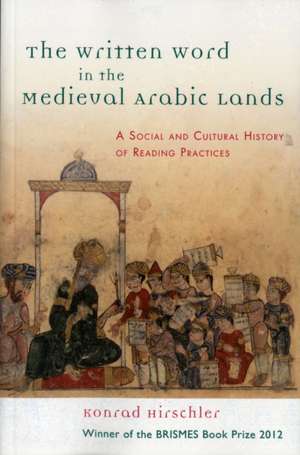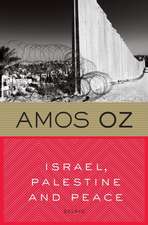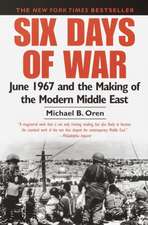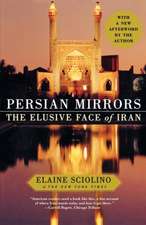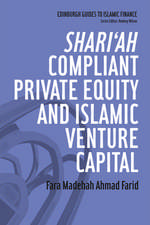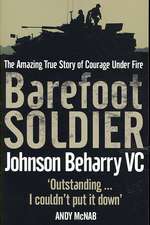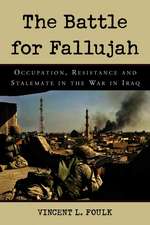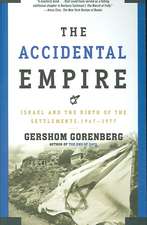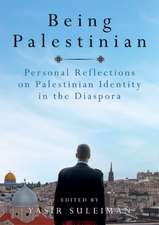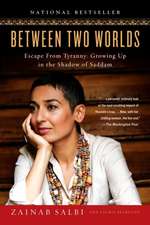The Written Word in the Medieval Arabic Lands
Autor Konrad Hirschleren Limba Engleză Paperback – 28 feb 2013
| Toate formatele și edițiile | Preț | Express |
|---|---|---|
| Paperback (1) | 180.44 lei 3-5 săpt. | |
| EDINBURGH UNIVERSITY PRESS – 28 feb 2013 | 180.44 lei 3-5 săpt. | |
| Hardback (1) | 555.00 lei 3-5 săpt. | |
| EDINBURGH UNIVERSITY PRESS – 31 ian 2012 | 555.00 lei 3-5 săpt. |
Preț: 180.44 lei
Preț vechi: 201.08 lei
-10% Nou
Puncte Express: 271
Preț estimativ în valută:
34.53€ • 36.15$ • 28.64£
34.53€ • 36.15$ • 28.64£
Carte disponibilă
Livrare economică 20 martie-03 aprilie
Preluare comenzi: 021 569.72.76
Specificații
ISBN-13: 9780748677344
ISBN-10: 0748677348
Pagini: 234
Ilustrații: Illustrations (chiefly col.)
Dimensiuni: 152 x 231 x 23 mm
Greutate: 0.43 kg
Editura: EDINBURGH UNIVERSITY PRESS
ISBN-10: 0748677348
Pagini: 234
Ilustrații: Illustrations (chiefly col.)
Dimensiuni: 152 x 231 x 23 mm
Greutate: 0.43 kg
Editura: EDINBURGH UNIVERSITY PRESS
Notă biografică
Cuprins
1. Reading and writerly culture; Literacy, orality and aurality; The written word in the Middle Period; 'Popular' practices of reading; 2. A city is reading: Popular and learned reading sessions; Methodological considerations; Reading Communities between scholarly sessions and popular sessions; The order of seating: Social and cultural differences; Motivations to participate in popular readings; Changes over time: Reading certificates and 'popular' culture; 3. Learning to read: Popularisation and the written word in children's schools; Textualisation and curricular changes; Methods to teach reading and writing; The spread of the endowed school and social changes; 4. Local endowed libraries and their readers; The central ruler library and the 'decline' of post-classical libraries; The development of the local endowed library; Profiles of holdings in private and local endowed libraries; 5. Popular reading practices; The popular epic; Popular epics and the written word; Textualisation and challenges to scholarly authority; Writing for a popular readership; 6. Conclusion.
Recenzii
"This is an impressive book ... clearly written and argued ... and of particular interest to scholars of textual practices elsewhere in the medieval world, both Arab and beyond."--Jamie Wood, University of Lincoln, Al-Masaq: Islam and the Medieval Mediterranean"[Konrad Hirschler's] book is a model of meticulous scholarship and should be in the library of all readers interested in the premodern cultural history of the Arabo-Islamic world."--Roger Allen, Emeritus, University of Pennsylvania, American Historical Review"This is a clever book looking at the writing practices amongst Arab intellectual classes during the Middle Ages ... The research is meticulous, the arguments and evidence are beautifully presented, and comparative references to Europe as well as further east are interesting and mean that this book should have an audience far beyond Islamic Studies."--BRISMES Book Prize 2012
